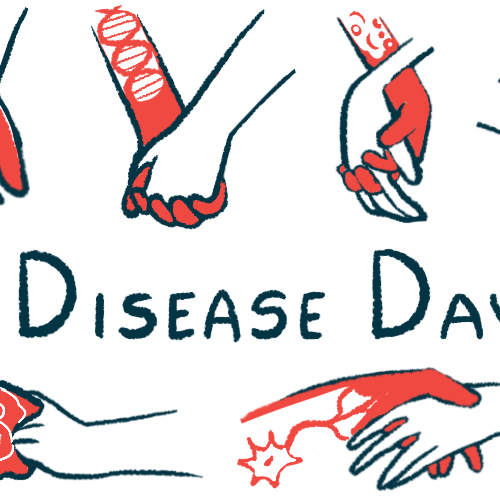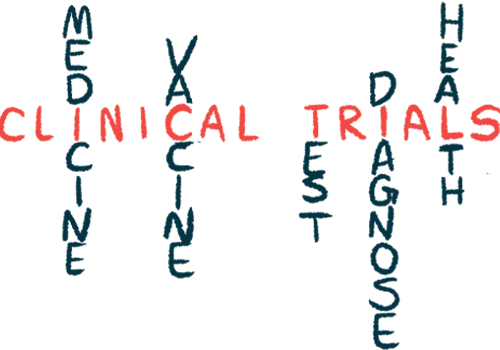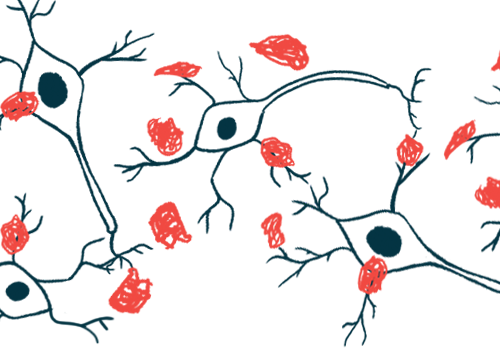It’s been nearly a year since the EveryLife Foundation for Rare Diseases released its expansive report finding the total economic burden of rare disorders in the U.S. to be nearly $1 trillion. Annie Kennedy is the chief of policy, advocacy, and patient engagement at the EveryLife Foundation for Rare Diseases. (Photo courtesy of the EveryLife Foundation) In…
Author: Chris
FDA Designates CT103A, CAR T-cell Therapy, an Orphan Drug
The U.S. Food and Drug Administration (FDA) has granted orphan drug status to CT103A, an experimental CAR T-cell therapy that IASO Biotherapeutics and Innovent Biologics are developing to treat relapsed or refractory multiple myeloma. Orphan drug designation is given to therapies with a potential to substantially improve care for rare diseases, defined as conditions affecting…
Nuplazid Resubmitted for FDA Approval for Psychosis in Alzheimer’s
Acadia Pharmaceuticals has resubmitted an application to the U.S. Food and Drug Administration (FDA) seeking approval of Nuplazid (pimavanserin) for hallucinations and delusions associated with psychosis in Alzheimer’s disease. The announcement from Acadia comes less than a year after the FDA rejected the company’s original application for Nuplazid to treat the broader category of dementia-related…
Blood From Active Mice Appears to Benefit Brains of Sedentary Peers
Blood from “runner” mice can boost cognition and memory, and lessen brain inflammation — a key feature seen in people with neurodegenerative diseases, such as Alzheimer’s — when transferred into sedentary mice, a study shows. The benefits of “exercised” blood was linked to high levels of the clusterin protein, an inhibitor of the complement signaling…
Xpovio-Kyprolis Combo Shows Good Response in Hard-to-treat Myeloma
Xpovio (selinexor) combined with Kyprolis (carfilzomib) and low-dose dexamethasone leads to strong and durable responses in heavily pretreated multiple myeloma patients, results from a Phase 1/2b trial show. The study, “Once weekly selinexor, carfilzomib and dexamethasone in carfilzomib non-refractory multiple myeloma patients,” was published in the British Journal of Cancer. Xpovio, developed by Karyopharm Therapeutics, is…
UsAgainstAlzheimer’s, Experts Blast Medicare’s Plan for Aduhelm
A recent proposal to limit Medicare coverage for Aduhelm (aducanumab) and similar medicines to Alzheimer’s disease patients who are enrolled in clinical trials ignores current science and would drastically curtail access these therapies, UsAgainstAlzheimer’s argues. UsAgainstAlzheimer’s (UsA2), based in Washington, D.C., is founded by family members of people affecting by Alzheimer’s. Its comment letter was in response to…
Optimized Amyloid-targeting Vaccine ACI-24 Shows Promise in Animal Studies
An optimized version of ACI-24, an experimental vaccine designed to induce an immune response against abnormal protein clumps that drive Alzheimer’s disease, was able to induce a powerful immune response — as intended — and generally was well-tolerated in animal studies. Scientists at AC Immune, which is developing ACI-24, published the findings in Brain Communications,…
Plan to Limit Medicare Coverage of Aduhelm Called ‘Not Patient-centered’
A recent proposal that Medicare only cover Aduhelm (aducanumab) for patients with Alzheimer’s disease who are enrolled in clinical trials is needlessly restrictive, and will prevent many people from accessing a medication that may be able to help them. That’s the argument made by Jeffrey Cummings, MD, a professor of brain health at the University…
Immune Therapy AO-176 Awarded FDA’s Orphan Drug Designation
The U.S. Food and Drug Administration (FDA) has granted orphan drug status to Arch Oncology‘s experimental immune-modulating therapy AO-176 as a potential treatment for relapsed or refractory multiple myeloma. This designation, given to therapies with the potential to improve care for conditions that affect fewer than 200,000 people in the U.S., qualifies Arch, as the…
FDA Puts Full Hold on Clinical Testing of Cortexyme’s COR388
The U.S. Food and Drug Administration (FDA) has placed a full clinical hold on COR388 (atuzaginstat), an investigational oral therapy Cortexyme is developing for Alzheimer’s disease and now cancer. The decision means that Cortexyme will not be allowed to conduct in-person testing of COR388 until further notice. The company will provide further updates pending additional communication…











